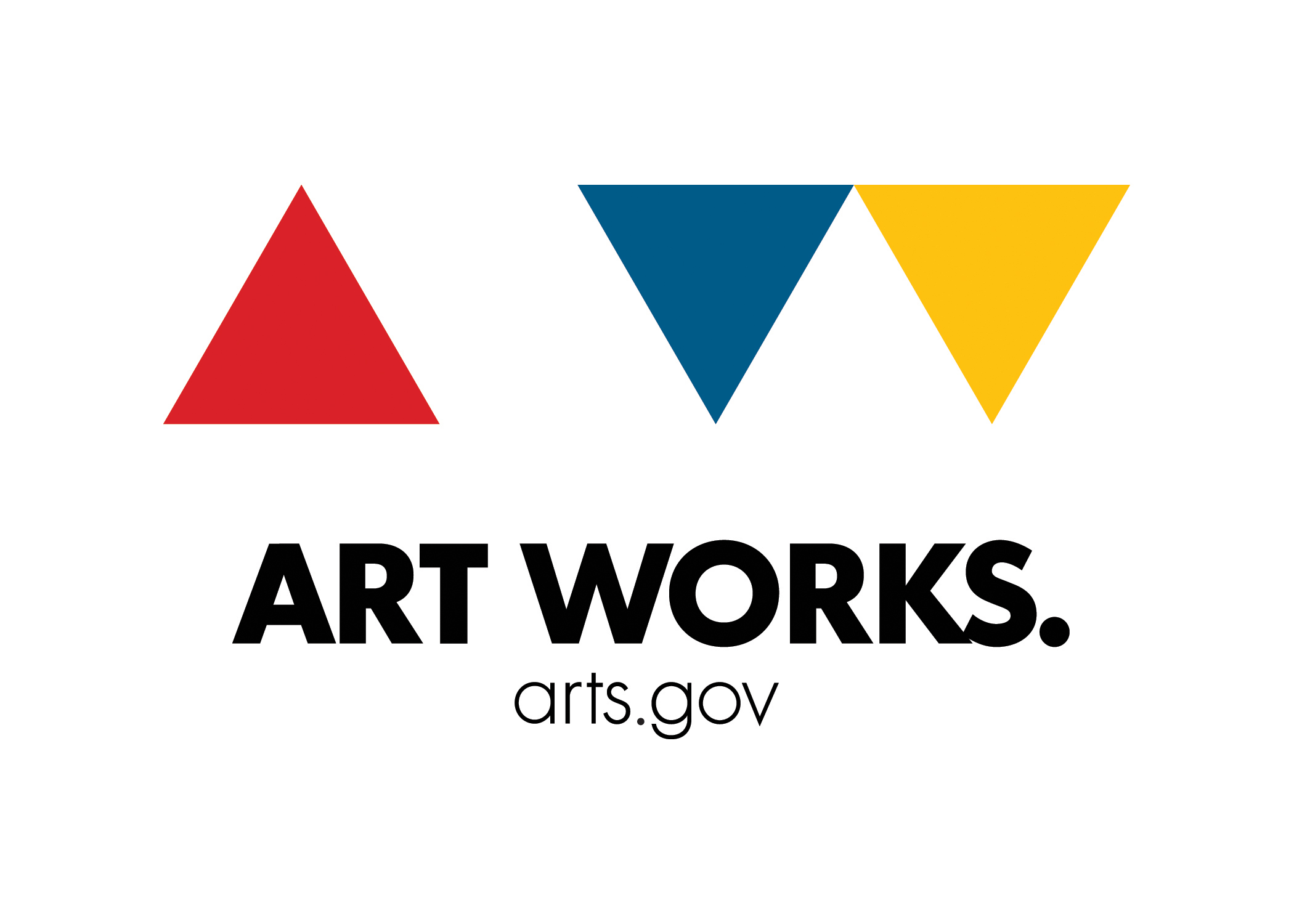“Interviewing ordinary people—those who live in your neighborhood, older members of your family—is terribly exciting and rewarding. With a tape recorder and microphone, young interviewers are able to capture the unofficial, unrecorded history of our daily lives. This Teen Reporter Handbook is a wonderful guide to doing that work.” —Studs Terkel
Introduction
Back in 1996, I had been working as a public radio reporter for several years, when I met a teenager named Josh Cutler. Josh has Tourette’s Syndrome, a rare brain disorder. Because of Tourette’s, Josh has occasional physical tics and he sometimes says – or yells – things that he can’t control. Josh was just starting his sophomore year in high school when he agreed to work with me on a story about his disease. I gave Josh a tape recorder so he could keep a record of his daily life. This took a lot of guts for Josh. But there was one thing he couldn’t bring himself to do: record at school. Josh and I agreed that an important chapter of his story would involve talking to kids at school about Tourette’s Syndrome. But Josh just couldn’t do it. He was afraid the microphone would make him look stupid, and no one would want to be interviewed. On one occasion, Josh brought the equipment to school, intent on recording, but he kept the microphone hidden inside his backpack the whole time, with the tape rolling. (See the Technical Tips section to learn why this is not the best method.)
Then one day, after months of excuses, Josh got brave. During lunch he pulled out the microphone. What happened next was a total surprise. Josh tells it best: “Everyone jumped at the chance. I had to ward people off. Everyone started asking me questions about Tourette’s. It was weird because, before that, I had never really talked about it to anyone—except my mom and dad.” Recently, Josh told me that was one of the most important days of his life. The tape recorder allowed Josh to explore his disease—and himself—in a way he had never done before. Now Josh says he wants to keep doing radio diaries until he’s eighty years old. Since Josh’s story aired, I’ve worked with many other teenagers—and non-teenagers—to help them document their own lives for National Public Radio. Many of these stories, like Josh’s, could never be told by a professional journalist in the same way that Josh tells it himself. Still, I always urge teenage diarists to think of themselves as reporters.
Being a reporter is like having a passport. It’s a license to ask questions, be curious and explore new worlds and radio is the perfect way to do all of this.
Here’s why:
1. The equipment is relatively inexpensive and easy to use.
2. A microphone is less intrusive than a video camera. People can be more natural, more themselves.
3. Radio is intimate. When you hear someone’s voice on the radio, it feels as if they’re talking directly to you. It’s like getting a phone call from a friend.
4. The limitation of radio is actually its greatest strength: there are no pictures. Radio forces you to be creative and pay attention to words, sound and language. Radio requires you to be not just a journalist, but a poet and a good storyteller.
5. Remember that many people listen to the radio in their cars. That’s why radio should never be boring, or people will fall asleep. Good radio saves lives.
This Teen Reporter Handbook represents the collective knowledge of a long history of radio reporters, producers and storytellers. Special thanks to Jay Allison (and his “Tips for Citizen Storytellers”), David Isay and Ira Glass for all they have taught me.
Check out the web resources section for more guides, how-to’s, and radio inspiration. The Teenage Diaries series was founded on the principle that everybody has a story to tell. We hope this Teen Reporter Handbook will help you make your own radio diary.
—Joe Richman, Producer of Teenage Diaries on National Public Radio
“Everything in the world has been said before…but not everybody has said it.”
—anonymous





